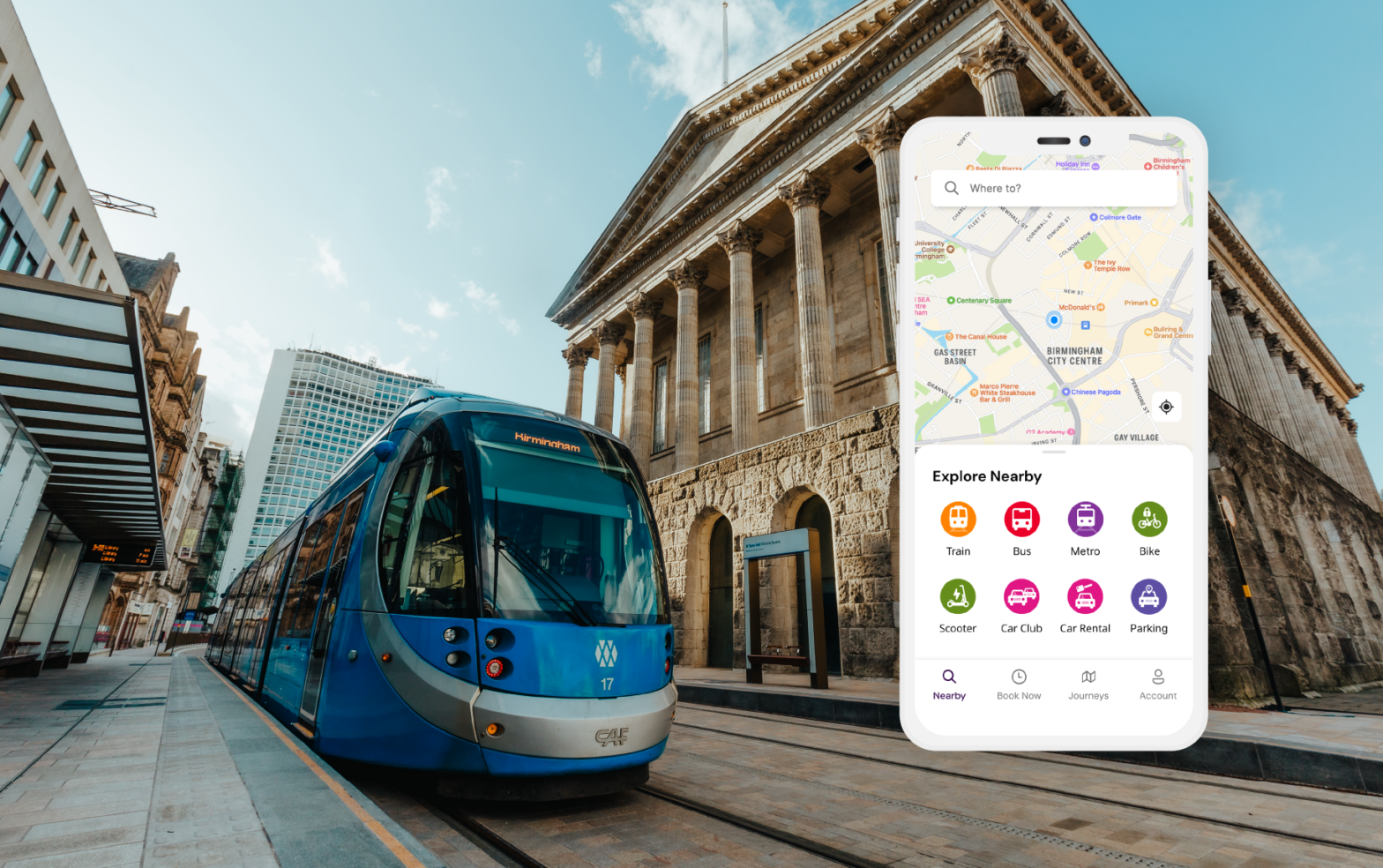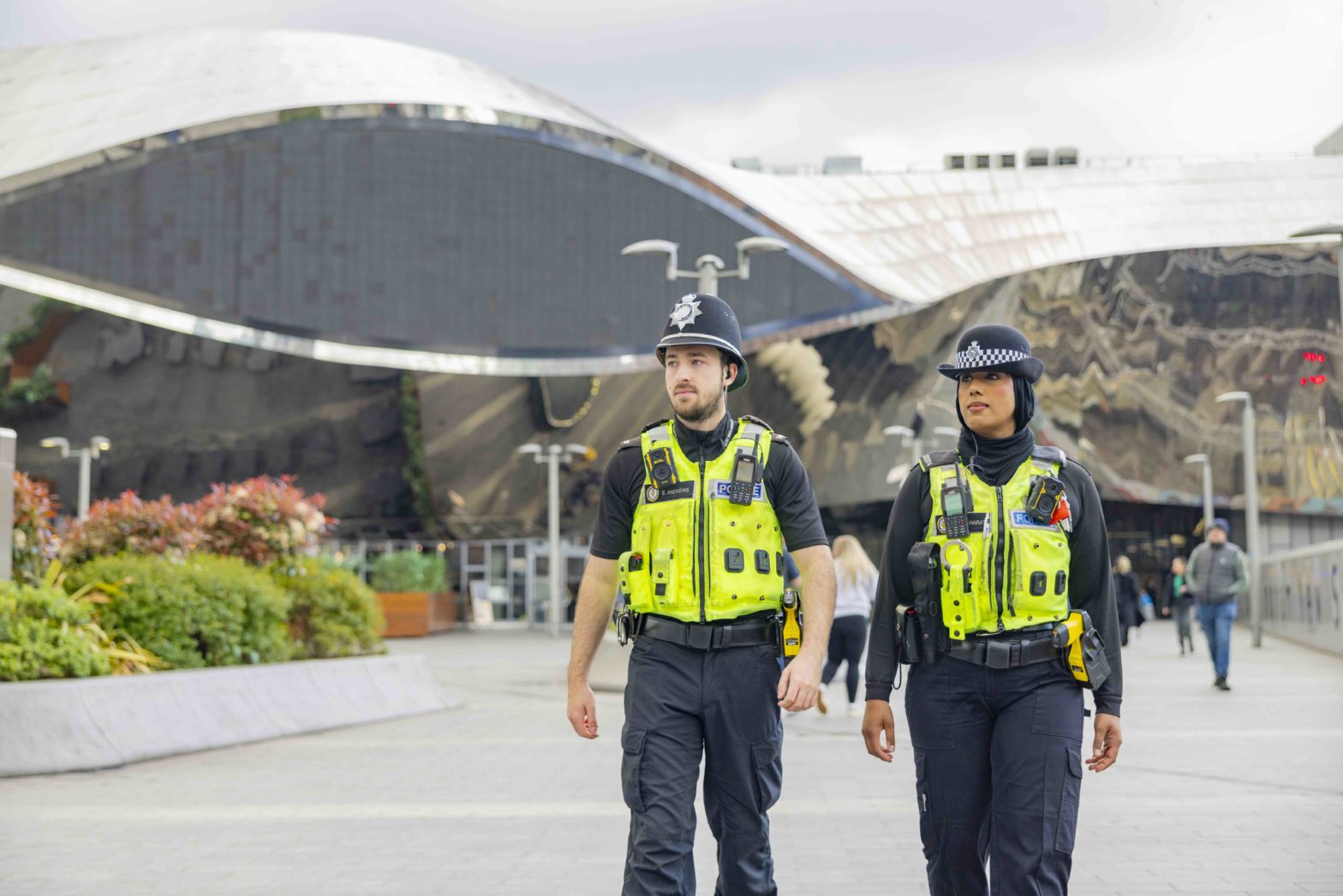
Photo: Image: TfWM
UK government publishes MaaS code of practice
07 September 2023
by Christopher Carey
The UK government has announced new guidelines for transport and navigation app developers, which it says will revolutionise how people travel.
The guidelines say that commuters will benefit from “easier and cheaper” travel and more personalised journeys.
“New technologies are transforming how we travel, making journeys easier for those with disabilities and connecting rural towns and villages better, among much else,” said Jesse Norman, the UK’s Technology and Decarbonisation Minister.
“With the new code of practice, the Department for Transport (DfT) is encouraging app providers to make the most of the new technology, helping to ensure potentially vulnerable groups and communities are not left behind.”
Applications like Citymapper and Google Maps already utilise mobility-as-a-service (MaaS) technology, which combines data such as transportation schedules and ticket costs from various modes of transport into a unified app experience.
The 34 recommendations primarily focus on accessibility and access issues, with app providers encouraged to incorporate features that cater to individuals with different needs, including suggesting wheelchair-accessible routes and stations, as well as ensuring step-free alternatives for all routes.
When asked how the guidelines could offer cheaper travel for commuters, a spokesperson from the Department of Transport told Cities Today: “We will recommend that local authorities, MaaS platform providers and transport operators ensure that any commercial agreements entered into promote fairness in pricing, avoid exclusivity of services and encourage data-sharing to guard against any negative competition outcomes.
“We will also recommend that all possible public transport options and services available in the area be shown in the MaaS app to avoid fragmentation of services across apps.”
Voluntary guidelines
The code of practice is voluntary and while primarily intended for MaaS platform providers, transport operators and local authorities, the government says that legal advisors and the public may also benefit from the advice.
“Now is an opportune time to take a voluntary, guidance-based approach through a code of practice to enable these platforms to emerge and mitigate any unintended consequences,” the code states.
“A code of practice will enable us to support MaaS as it grows withou t introducing regulations at a time that could stifle innovation in this emerging industry.
“It will also provide an opportunity to gather further evidence in a structured manner to understand if and where regulation might need to be brought forward in the future”.
Examples
In 2020, the DfT awarded funding to Solent Transport – which covers the cities of Portsmouth and Southampton – to develop a transport app for the region, as part of the Future Transport Zones programme.
The Breeze app allows people to plan, book and pay for all journeys, including public transport, cycling, e-scooters and ferries. It also provides information about how busy services are and suggests the greenest way to travel.
In July 2023, Transport for West Midlands (TfWM) announced plans to launch a new region-wide MaaS app to give customers “the most convenient, cost-effective and sustainable options, tailored to their In individual preferences”.
The operator had launched a MaaS trial in 2018, but it “did not live up to expectations”, TfWM’s Head of Transport Innovation told Cities Today in 2021.
The new initiative aims to build on lessons learned, with the operator partnering with FOD Mobility Group to help design and develop the new platform.
Image: TfWM







